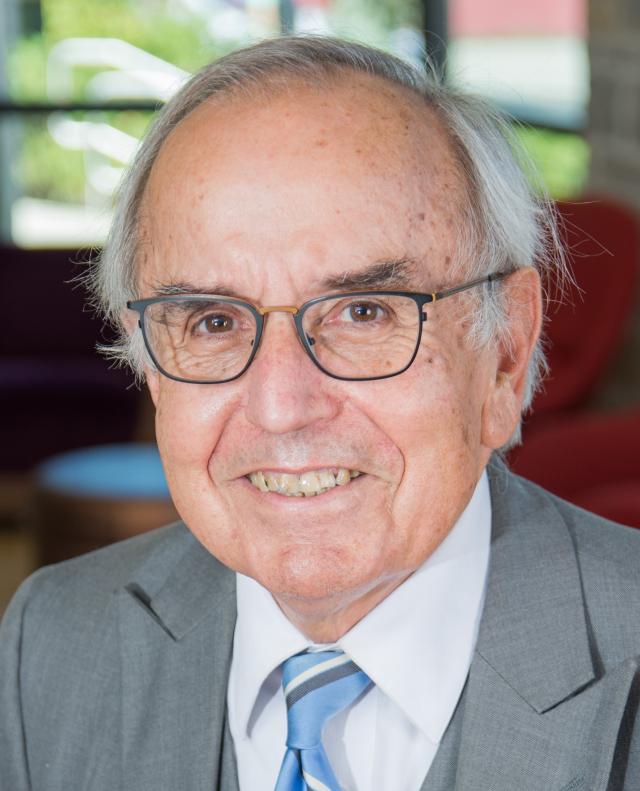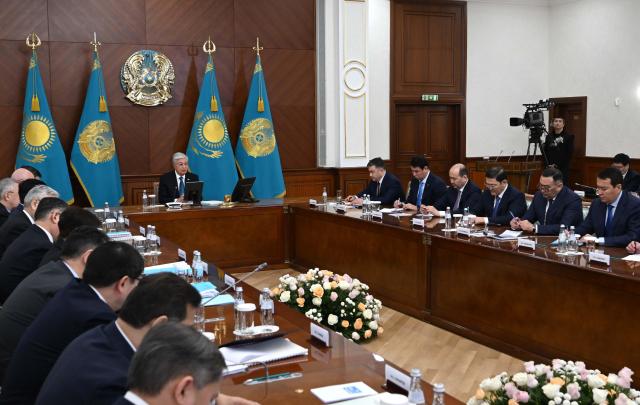
SEOUL, July 24 (AJU PRESS) - President Joe Biden's decision to withdraw from the 2024 presidential contest is becoming, in the sense of complimentary to him, reflecting well on him. That is a term rarely, if ever, used in today’s extraordinarily cruel and ugly political rhetoric.
True to form, former President Donald Trump reacted with a series of crude personal insults, including the statement that Biden never should have run. Senator J.D. Vance (R-OH), now the Republican vice-presidential nominee following last week’s national convention, has chimed in that the president should resign immediately.
The first statement is low-grade invective typical of the source, the second is bizarre. Joe Biden along with our other presidents took a formal oath to serve, and has a professional if not legal obligation to continue the work of the office until the completion of his term.
Presidential resignation does have precedent. President Richard M. Nixon resigned on August 8, 1974, culminating the Watergate Crisis. The Watergate building complex was the site of a burglary effort by White House operatives.
Whether Nixon knew about this criminal action in advance is unclear. Clearly captured on his then-secret office taping system are his comments about covering up the crime. Other acts included illegal campaign contributions, dirty tricks against political opponents, and a separate break-in of the office of the psychiatrist of Daniel Ellsberg, who had made public the secret Pentagon Papers documenting the history of the Vietnam War.
News of the Watergate break-in during the 1972 presidential campaign did not have any significant impact. President Nixon and Vice President Spiro Agnew were reelected in an historic landslide. Agnew was later forced to resign because of corruption.
Nixon’s second term was plagued by Watergate from the start. When his impeachment by the House of Representatives – and conviction in the Senate trial to follow – became certain, senior Republican Senators including conservative icon Barry Goldwater (R-AR) told Nixon he lacked the votes to survive in office. Nixon resigned, saving the nation and his family an extraordinarily painful ordeal.
Nothing like this confronts our nation today.
Watergate is in a sense a capstone of the tremendous chaos, violence and fear that gripped the United States and our politics through the 1960s and into the 1970s.
The assassination of President John F. Kennedy on November 22, 1963 in Dallas Texas opened a decade of turbulence. The remarkable stability of the Eisenhower 1950s ended.
One result was the unexpected announcement by President Lyndon B. Johnson not to seek reelection to the White House. This is a precedent for Biden’s decision, contrary to some comments that his action is “unprecedented.” Johnson made the announcement on March 31, 1968, at the conclusion of a speech about de-escalation in the Vietnam War.
In early 1968, the Viet Cong launched attacks across South Vietnam during a truce. The Tet Offensive resulted in a military victory for South Vietnam and the United States, but Hanoi nonetheless achieved a political victory in the U.S.
Anti-war Senator Eugene McCarthy (D-MN) came close to defeating Johnson in the New Hampshire primary. Johnson's enemy Senator Robert Kennedy (D-NY) entered the race. Johnson also faced health concerns.
Kennedy was assassinated in early June. Vice President Hubert Humphrey secured the nomination and narrowly lost to Nixon in November.
Humphrey entered no primaries, but dealt directly with state party leaders and organizations. In consequence, both political parties made primaries the primary means of presidential nomination.
Our nation confronts today nothing comparable to the violence and instability of that earlier time.
-------------------------------------------------------------------------------------------------------------------------
This article was contributed by Arthur I. Cyr, author of "After the Cold War -- American Foreign Policy, Europe and Asia" (NYU Press and Palgrave/Macmillan). He has taught at the Universities of Chicago and Illinois, Northwestern University, and Carthage College (Clausen Distinguished Professor).
Copyright ⓒ Aju Press All rights reserved.





View more comments